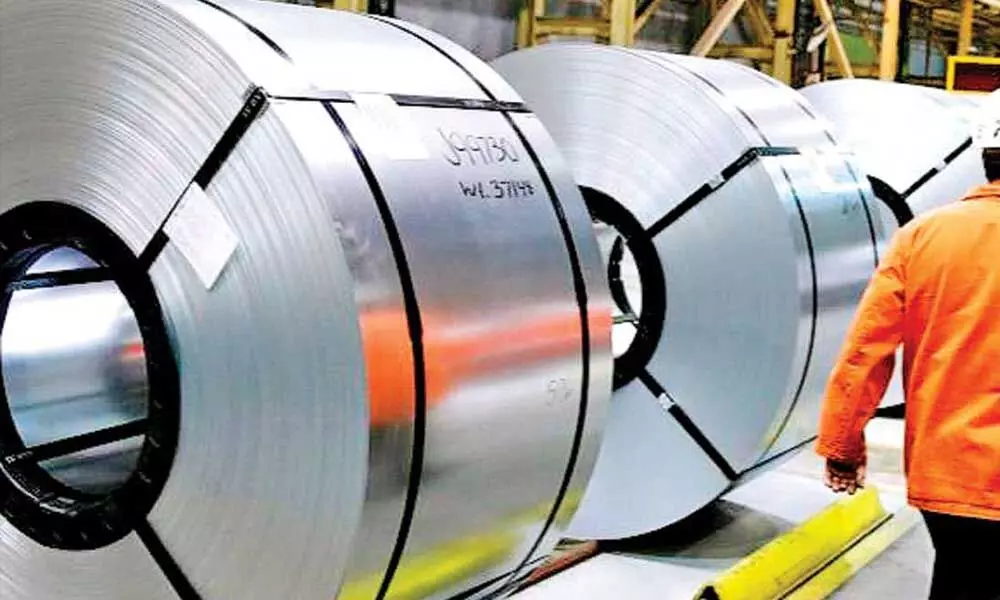Centre's QCO order on steel will hit the industry
It is virtually impossible to force the international suppliers to go for BIS certifications as the procedure of BIS registration is highly cumbersome
image for illustrative purpose

Kolkata: At a time when the entire industry is struggling hard to reset their business post Covid pandemic, the Steel and steel Products Quality control Order (QCO) issued by the Union Ministry of Steel has come as a major dampener for metal container manufacturers. The QCO has imposed mandatory BIS Certification on the major input required by the industry like tinplate/ tin free steel and also imposed restriction on various steel products like easy open ends, peel off ends etc., which the industry is importing from various countries.
Significantly, metal packaging (prime & non-prime tin plate & Tin Free Steel) assumes great significance and is expected to play a key role in future given the global focus on sustainable principles of reduce-reuse-recycle. Metal containers/cans – like any other metal products – are 100 per cent recyclable and can form an important part of global strategy to ensure sustainability of the environment. The metal packaging Industry has 10 per cent market share in the overall packaging Industry, which is estimated to be Rs 10,000 crore and is mainly concentrated in the MSME sector.
The Metal Container Manufacturers' Association (MCMA) has already taken up the issue with the Union Steel Minister Dharmendra Pradhan. The BIS Notification mandates domestic and foreign suppliers of these products to adhere to Indian quality standards. It may hit a large number of micro, small and medium enterprises involved in making products using tinplate steel - sheets of steel coated with a thin layer of tin that have specialized use in consumer products like cans, hairclips, pens, as it is virtually impossible to force the international suppliers to go for BIS certifications as the procedure of BIS registration is highly cumbersome, said Sanajy Bhatia, president, MCMA.
The overseas suppliers have already stopped shipping tin plates to India and there is already a shortage in the domestic market. That's not all. The industry is witnessing a sharp increase in the prices of tin plate due to virtual monopoly of the two producers. In the quarter starting October to December, there is an increase of about 6 per cent to 7per cent in the tin plate/ tin free steel prices along with another 7 per cent to 8 per cent announced increase from January onwards.
The industry apprehends further increase in the prices of tinplate/ tin free steel which is almost equal to 60 per cent cost of a tin container/closure and the industry fears a further increase April onwards. This exorbitant price increase in tinplate, consequently cans, may force our customers to move away from metal packaging to other alternate options, said Bhatia. "Keeping in mind demand supply gap, we request Ministry of Steel to allow use of materials which are aligned to ISO. This has already been included in FSSAI order as well as recommended by Union Ministry of MSME," he said.

